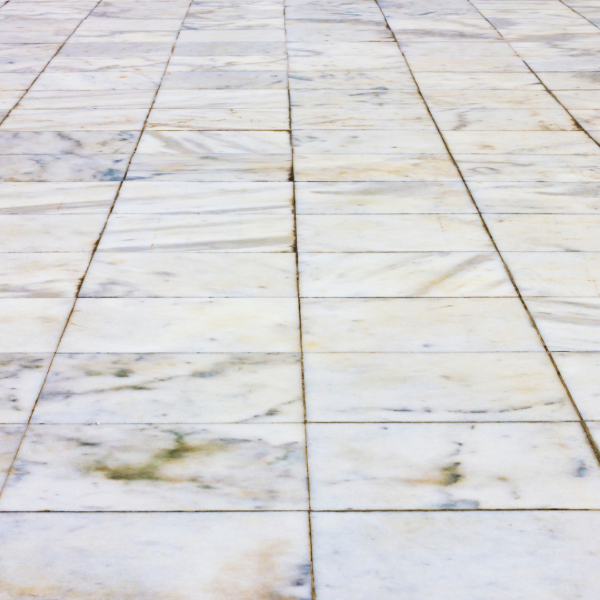Blog > When to Replace Your Floors: 7 Signs It's Time
When to Replace Your Floors: 7 Signs It's Time
Monday, March 24, 2025

Your floors take on a lot—foot traffic, furniture, pets, spills, and the general wear-and-tear of daily life. While good flooring can last for years, there comes a point where replacement becomes necessary—not just for aesthetics, but for safety, comfort, and value. So, how do you know when it’s time to upgrade? Here are 7 signs it's time to replace your floors:
1. Visible Wear and Tear
Cracks, scratches, dents, or worn-out finishes are more than just cosmetic issues—they’re signs your floors have endured all they can. Wood floors may show deep grooves or fading, while tile might have chips or loose pieces. When regular maintenance no longer keeps them looking fresh, it may be time for an overhaul.
2. Water Damage or Warping
Floors exposed to moisture—like hardwood in humid climates or after a plumbing issue—can swell, warp, or even rot. If your flooring feels uneven, spongy, or you notice discoloration, especially in wood or laminate, water damage may be the culprit. In many cases, full replacement is the safest and most cost-effective solution.
3. Persistent Stains or Odors
If your carpet has absorbed too many spills or pet accidents over the years, it may have permanent stains or lingering odors. Even professional cleaning can’t always restore heavily soiled flooring. When deep cleaning no longer helps, replacement is often your best bet.
4. Outdated Style
Floors play a big role in the overall feel of your home. If your flooring screams “1990s” or doesn’t match your updated decor, it might be time to modernize. New flooring can instantly elevate your space and even boost your home’s resale value.
5. Creaking, Buckling, or Uneven Surfaces
Floors that creak or feel unstable can be more than annoying—they may indicate structural issues below the surface. Buckling wood, sagging spots, or tiles that move underfoot should not be ignored. These are signs that your flooring system is failing and needs replacing—possibly along with the subfloor.
6. You’re Renovating Other Spaces
If you’re doing a major remodel—kitchen, bathrooms, or open-concept layouts—your old flooring might not work with the new design. Upgrading your floors during a renovation can help create a cohesive, seamless look throughout your home.
7. You’re Getting Ready to Sell
New flooring is one of the top upgrades that attract buyers. If your floors are outdated, damaged, or overly personalized, replacing them with neutral, modern materials can make your home more appealing and increase its market value.
Flooring is the foundation of your home’s style and comfort. If you’re noticing any of these signs, it might be time to consider a fresh start. Whether you're thinking about hardwood, luxury vinyl, tile, or carpet, investing in new floors can improve both the look and function of your space. For assistance in choosing which type of flooring is right for your home contact Jason’s Carpet and Tile today at 954-231-4487.
